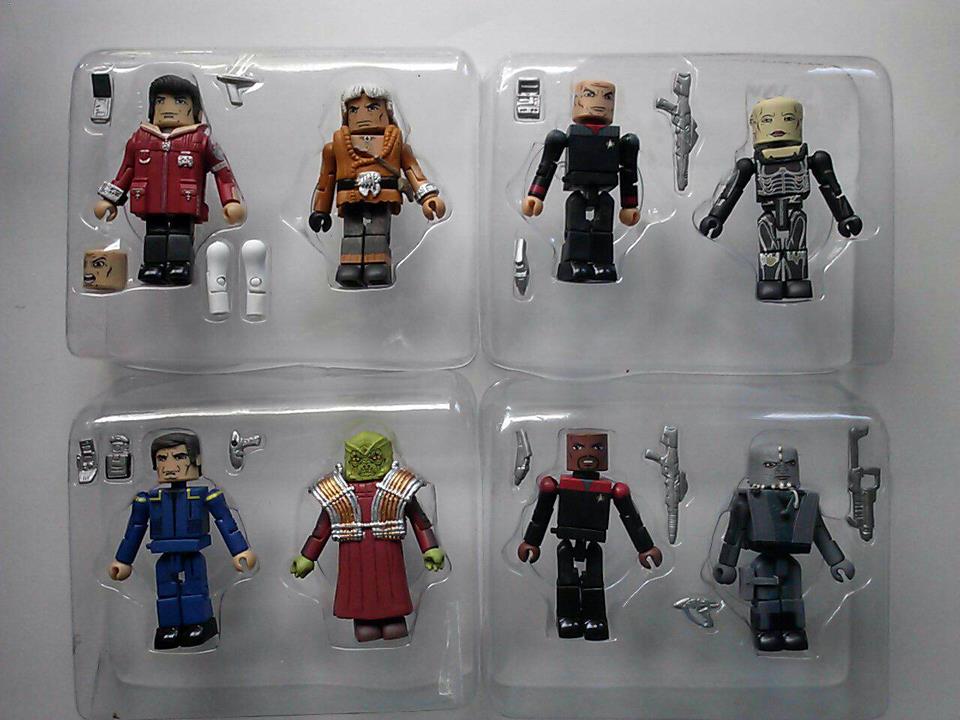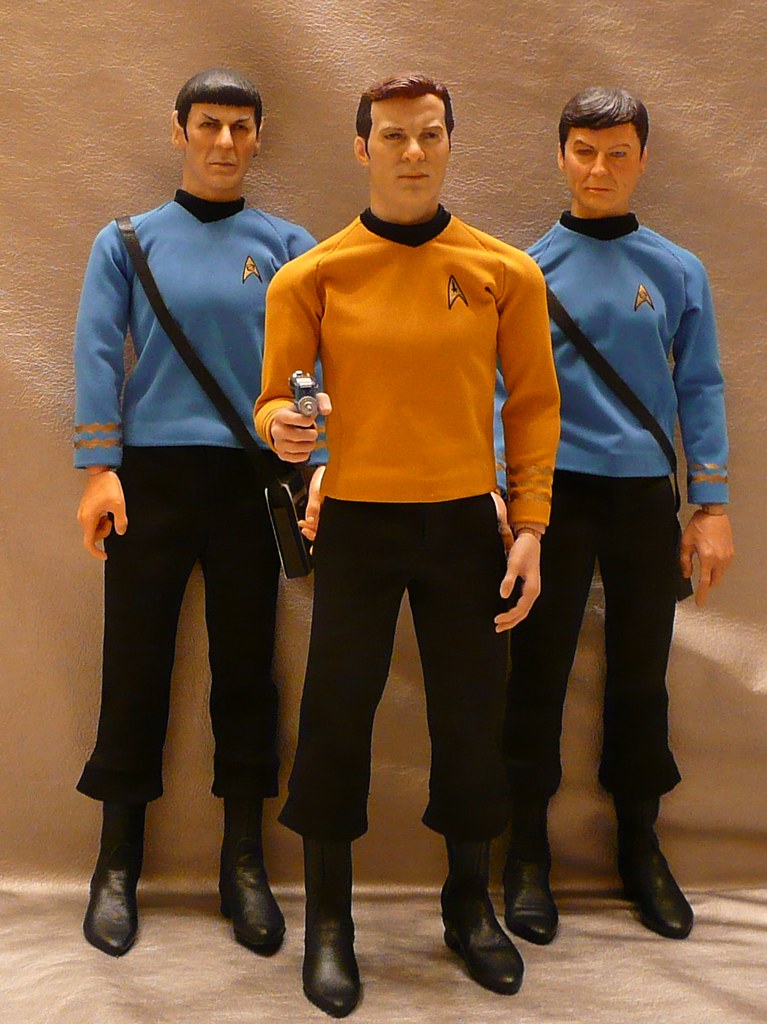A struggle over the U.S.S. Enterprise's past and future helped sour J.J. Abrams on the "Star Trek" franchise and may have contributed to his decision to take on the "Star Wars" universe.
Competing ambitions between Paramount, CBS and Abrams' production company Bad Robot over merchandising surrounding the first film in the rebooted "Star Trek" franchise led the director to curtail plans to turn the series into a multi-platform experience that spanned television, digital entertainment and comic books, according to an individual with knowledge of the dispute.
"J.J. just threw up his hands," the individual told TheWrap. "The message was, 'Why set up all this when we'll just be competing against ourselves?' The studio wanted to please Bad Robot, but it was allowing CBS to say yay or nay when it came to what was happening with the 'Star Trek' products."
"Star Trek Into Darkness" arrives in U.S. multiplexes Thursday with tie-ins ranging from Bing to Hasbro. It is expected to gross more than $100 million at the domestic box office over the extended weekend.
Yet this marketing assault pales compared to the one that Abrams (above) and Bad Robot once envisioned for "Star Trek" and now plan to construct around the new "Star Wars" films.
A major stumbling block: "Star Trek's" licensing and merchandising rights are spread over two media conglomerates with competing goals. The rights to the original television series from the 1960s remained with CBS after it split off from Paramount's corporate parent Viacom in 2006, while the studio retained the rights to the film series. CBS also held onto the ability to create future "Star Trek" TV shows.
Paramount must license the "Star Trek" characters from CBS Consumer Products for film merchandising.
Much to the dismay of Bad Robot, CBS' merchandising arm continued to create memorabilia and products based on the cast of the original 1960s series and market them to Trekkies. The production company did market research and found that there was brand confusion between Abrams' rebooted Enterprise crew and the one starring William Shatner and DeForest Kelley.
TheWrap has learned that Bad Robot asked CBS to stop making products featuring the original cast, but talks broke down over money. The network was making roughly $20 million a year on that merchandise and had no incentive to play nice with its former corporate brother, the individual said. In response, the company scaled back its ambitions to have "Star Trek's" storylines play out with television shows, spin-off films and online components, something Abrams had been eager to accomplish.
Paramount declined to comment for this article and a spokesperson for Bad Robot did not respond to a request to comment.
"As the merchandising rights holder for Star Trek, CBS Consumer Products has ongoing relationships with all our partners, including Paramount," a spokesman for CBS Consumer Products said in a statement. "We have worked closely with them for the last five years to create merchandise to enhance the movies and satisfy fans. We are all looking forward to a successful opening of 'Into Darkness.'"
Despite the initial bumpy ride, it appears that Paramount, Bad Robot and CBS Consumer Products worked more harmoniously on "Star Trek Into Darkness." The parties collaborated on a Star Trek video game (left) that will feature the voices of the film's stars Chris Pine and Zachary Quinto; a graphic novel prequel to the film that was overseen by screenwriter Roberto Orci; and a novelization from Simon & Schuster (below).
Still, Jeff Gomez, CEO of the transmedia consulting firm Starlight Runner Entertainment, says there could have been so many more lucrative tie-ins. He contends that the rebooted franchise has enormous potential outside the multiplex.
"Right now the 'Star Trek' movies are movies," Gomez said. "There is no apparent ongoing transmedia strategy behind them, just a handful of licensing opportunities around the release of 'Into Darkness.'
"Why would that be attractive to an artist who sees beyond the boundaries of the silver screen to envision a true multi-platform narrative all based on a global franchise?"
Abrams' ambitions to create a multi-platform film franchise will find a more natural home at Disney, analysts and industry experts tell TheWrap. As successful as "Star Trek" has been, few franchises match the profitability and cultural prominence of George Lucas' space opera, which would be difficult for any director to pass up.
"Disney has always been oriented to multi-platform revenue stream situations," Seth Willenson, a film library valuations expert, told TheWrap.
Moreover, Willenson notes that Abrams, who has a deal that is believed to include creative and profit participation in "Star Wars" inspired merchandise and spin-offs, will have more control in shaping the legacy of the Skywalker clan than he would have had with developing side projects for the "Star Trek" crew. Unlike with "Star Trek," with its rights split between Paramount and CBS, Disney owns the rights to "Star Wars" outright thanks to its $4 billion purchase of Lucasfilm last year.
"The derivative rights situation on 'Star Trek' is complicated because you're dealing with cross-company cultures, so it makes it harder to implement a grand plan," Willenson said.
As for Disney's grand "Star Wars" plan, it's sounding an awful lot like the one Abrams once envisioned for "Star Trek." There will be television properties, theme park rides and spin-off films all centered around the new trilogy that Abrams will oversee.
It's a page borrowed from Disney's exploitation of the Marvel comic books and if it works out, it should make Abrams very rich indeed.


















